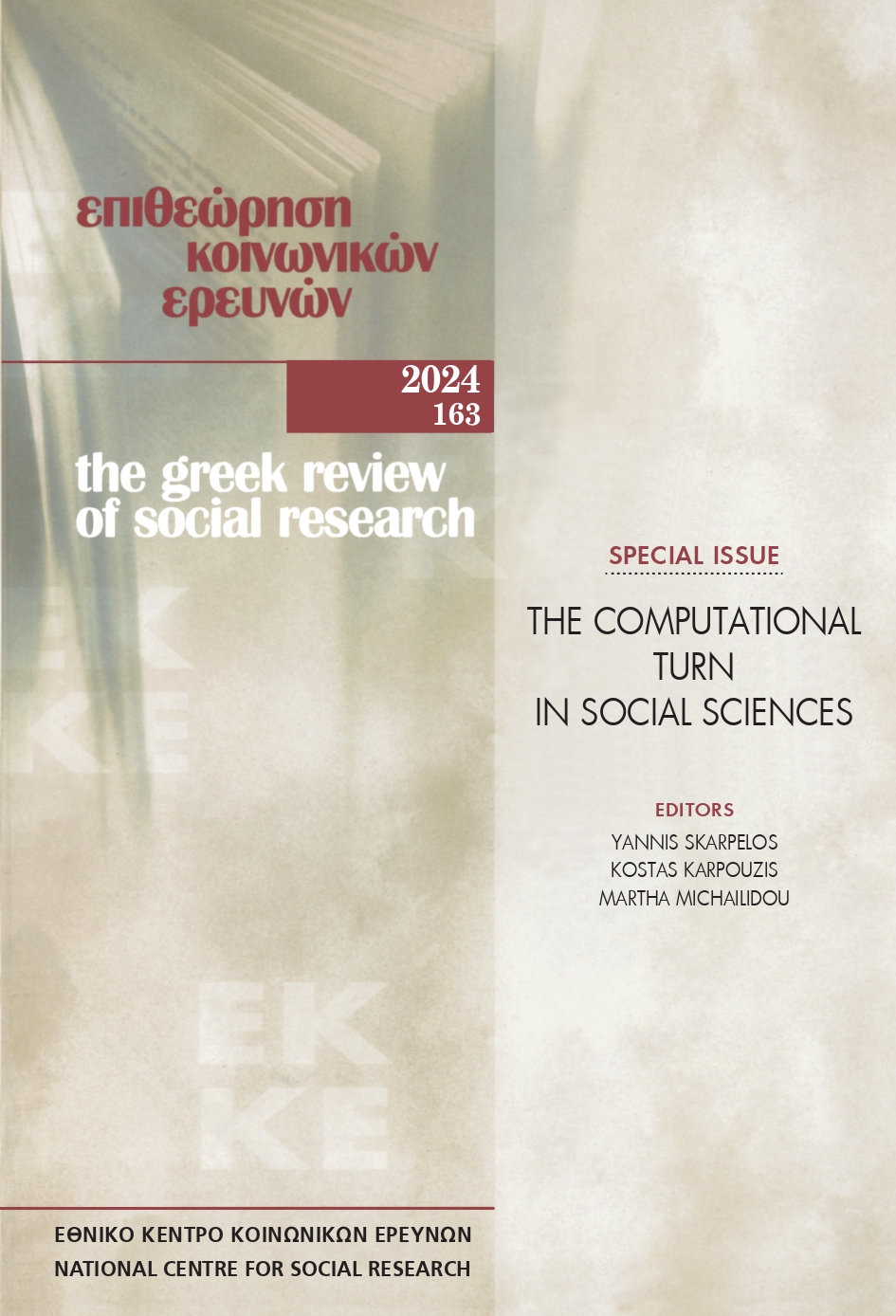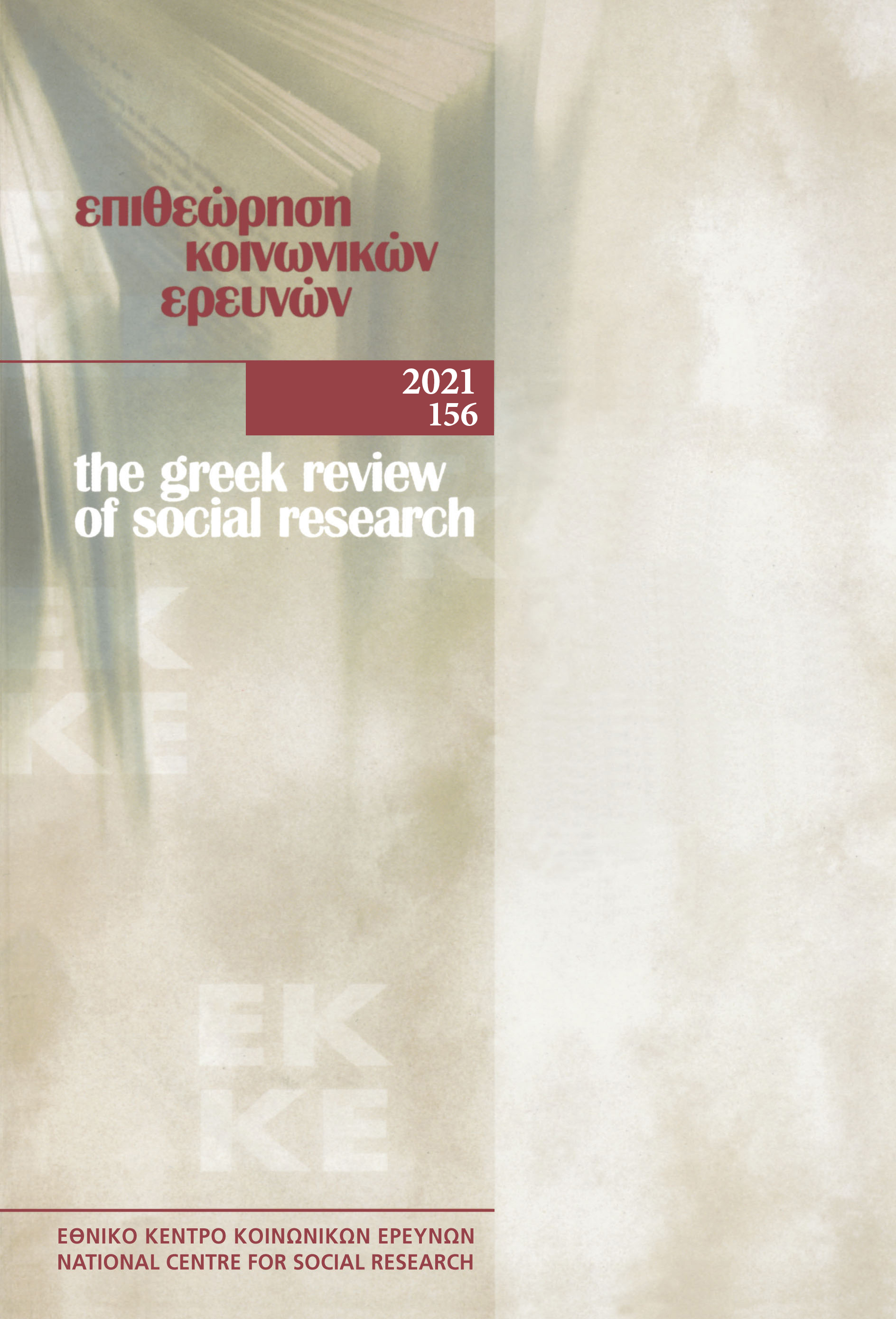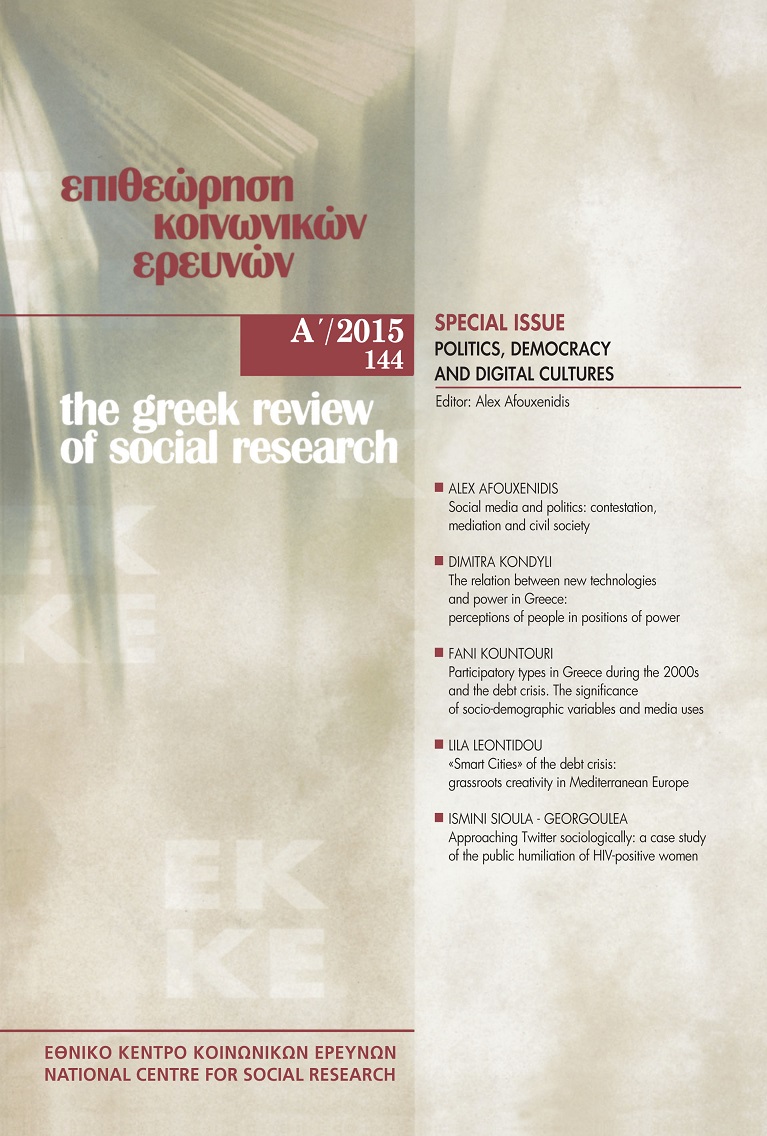Configuring, optimizing and enhancing Dataverse: The case of SoDaNet Repositories

Abstract
Current trends in computational social sciences and data-driven research require access to reliable data sources. Data repositories fulfil this role, providing high-quality data services, since they satisfy certain requirements that can be briefly summarized as complying with the FAIR data principles. In this context, we outline the measures undertaken by SoDaNet to enhance the data repositories within our infrastructure. Through the adoption and implementation of the Dataverse software, along with a series of adaptations and customizations, we have improved the Findability, Accessibility, Interoperability, and Reusability (FAIR) of the data hosted in these repositories. This effort has resulted in data repositories responding effectively to the demands of the research community, improving the user experience both nationally and internationally.
Article Details
- How to Cite
-
Linardis, A., Kondyli, D., Alexandris , K., Papagiannopoulos , K., Nisiotis , K. – S., Mastoris , N., & Klironomos , N. (2024). Configuring, optimizing and enhancing Dataverse: The case of SoDaNet Repositories. The Greek Review of Social Research, 163, 221–242. https://doi.org/10.12681/grsr.38519
- Section
- Articles

This work is licensed under a Creative Commons Attribution-NonCommercial 4.0 International License.
Authors who publish with this journal agree to the following terms:
- Authors retain copyright and grant the journal right of first publication with the work simultaneously licensed under a Creative Commons Attribution Non-Commercial License that allows others to share the work with an acknowledgement of the work's authorship and initial publication in this journal.
- Authors are able to enter into separate, additional contractual arrangements for the non-exclusive distribution of the journal's published version of the work (e.g. post it to an institutional repository or publish it in a book), with an acknowledgement of its initial publication in this journal.
- Authors are permitted and encouraged to post their work online (preferably in institutional repositories or on their website) prior to and during the submission process, as it can lead to productive exchanges, as well as earlier and greater citation of published work (See The Effect of Open Access).




